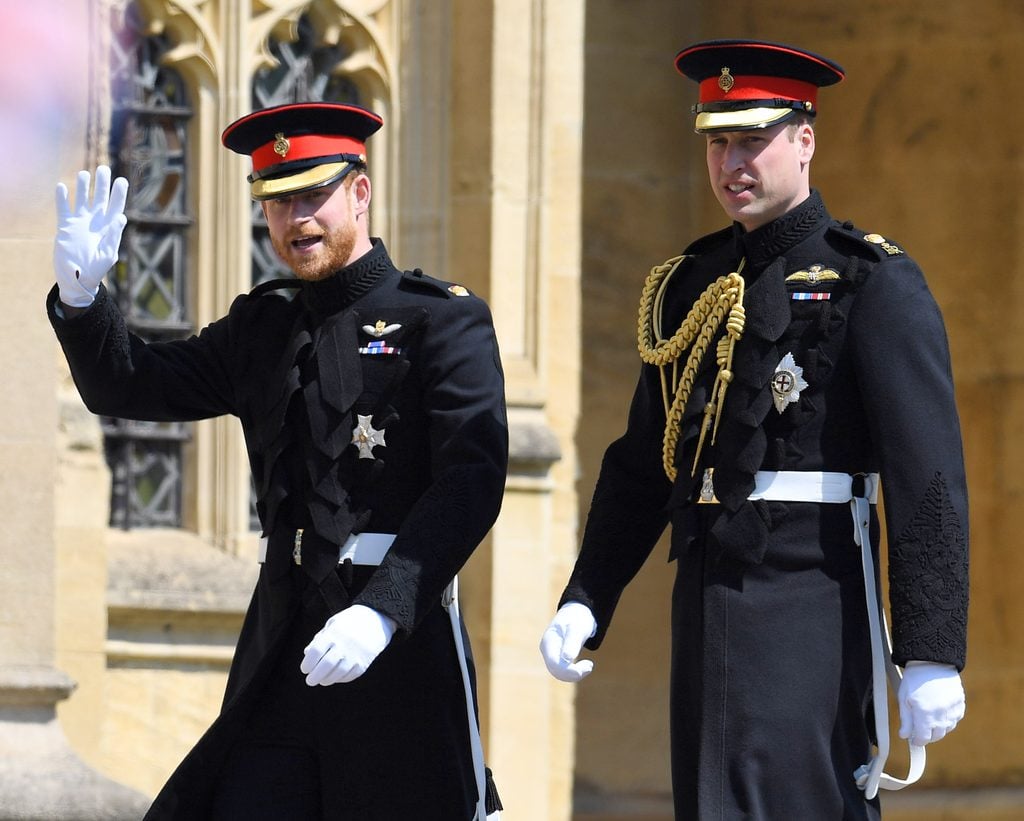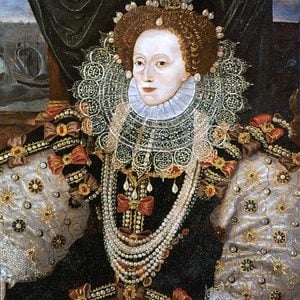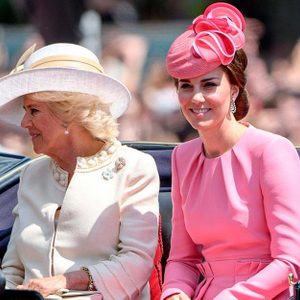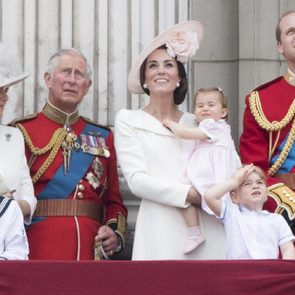This Is the Difference Between a Prince and a Duke
Updated: Jul. 14, 2021

Princes are born. Dukes are made. Here's how the peerage system of Britain works.
What a “Prince” actually is
With few exceptions (and we’ll get to these in a bit), a British prince is a male whose parent or a grandparent is or was the King or Queen of the United Kingdom. Prior to 1714, the title of “prince” was not in customary usage except with regard to the Prince of Wales, the title a monarch could bestow on his or eldest son of the reigning monarch. Learn some things about the current Prince of Wales, Prince Charles.
You can’t become a prince by marrying a princess
A man does not become a prince by marrying a princess. That is why Jack Brooksbank did not receive the title “Prince Jack” upon marrying Princess Eugenie. Similarly, a woman cannot use the title of “princess” just because she married a prince. The closest title she can use is the British title equivalent of a “Mrs. John Smith.” For example, one of Meghan Markle’s official titles when she married Prince Harry was “Princess Harry of Wales”—but since they stepped down from their roles in the royal family, Markle retains the Duchess of Sussex title. The only way you can use the title of “princess” before your own name is if you were born with royal blood, like Princess Eugenie or her sister, Princess Beatrice.
Incidentally, the woman we all think of as “Princess Diana” should never have been called by this title—her official title was “Her Royal Highness, The Princess of Wales.” When she and Charles divorced, she lost the “Her Royal Highness” portion of the title but was still entitled to be referred to as “Diana, Princess of Wales.”
You could become a prince by marrying a queen
Twice in British history, a man who not born into the British royal family became a prince, nevertheless. The first was Prince Albert, who after marrying Queen Victoria, was named by the Queen as her Prince Consort. The second was Prince Philip, who received his title from his wife, Queen Elizabeth II in 1957 when Elizabeth decreed he be made a Prince of the United Kingdom (he has been born a Greek prince, but gave up his Greek titles upon marriage). Both Prince Albert and Prince Philip were entitled to be addressed as “His Royal Highness.”
RELATED: 13 Things That Will Happen When Prince Phillip Dies
So what’s a duke?
A duke is the highest rank in Britain’s “Peerage” system, a legal system conferring titles of realms in the United Kingdom. Peerage has been in effect since feudal times when the reigning monarch would bestow the title in exchange for an oath of loyalty. The other titles within the peerage system, in descending rank order are: marquess, earl, viscount, and baron. Those who are not peers are “commoners.”
How to become a duke
Whereas (generally) the title of “Prince” requires royal blood, the title of “Duke” does not. While dukedoms can be inherited directly from a parent, they can also be bestowed by the reigning king or queen. Most British princes are given the title of “Duke” at the time of his marriage. For example, Prince William was created “Duke of Cambridge” upon his marriage in 2011. Some British princes are given the title “Duke” upon coming of age, and some British princes receive the title earlier, as in the case of Prince Charles, whom the Queen named Duke of Cornwall when he was just four years old. Here’s a cheat sheet on the royal family tree if you need help.
Not all princes become dukes
Prince Edward, the youngest son of Queen Elizabeth II, chose the title of “Earl of Wessex” when he married in 1999, but upon the death of his father, Prince Philip, Duke of Edinburgh, Edward will be granted the dukedom of Edinburgh.
Husbands of duchesses don’t become dukes
Whereas Meghan became the Duchess of Sussex when she married Prince Harry, if Princess Charlotte becomes a duchess someday, her husband will not automatically become a duke. That’s because the title of duchess can be acquired through marriage to a duke, but not the other way around. Learn why Princess Charlotte’s children won’t have royal titles.
A peer can hold several peerages
When Edward becomes Duke of Edinburgh, he will remain Earl of Wessex because individual peers can hold several peerages of different ranks. Another example is Prince Harry, who is not only the Duke of Sussex but also the Earl of Dumbarton (which is specifically, a Scottish title). When Charles becomes King, William will become Duke of Cornwall, which will be in addition to all his other titles, including Duke of Cambridge.
Got royal fever? Here are 50 choice tidbits you probably don’t know about the royal family.
Sources:
- Debrett’s: Ranks and Privileges of the Peerage



